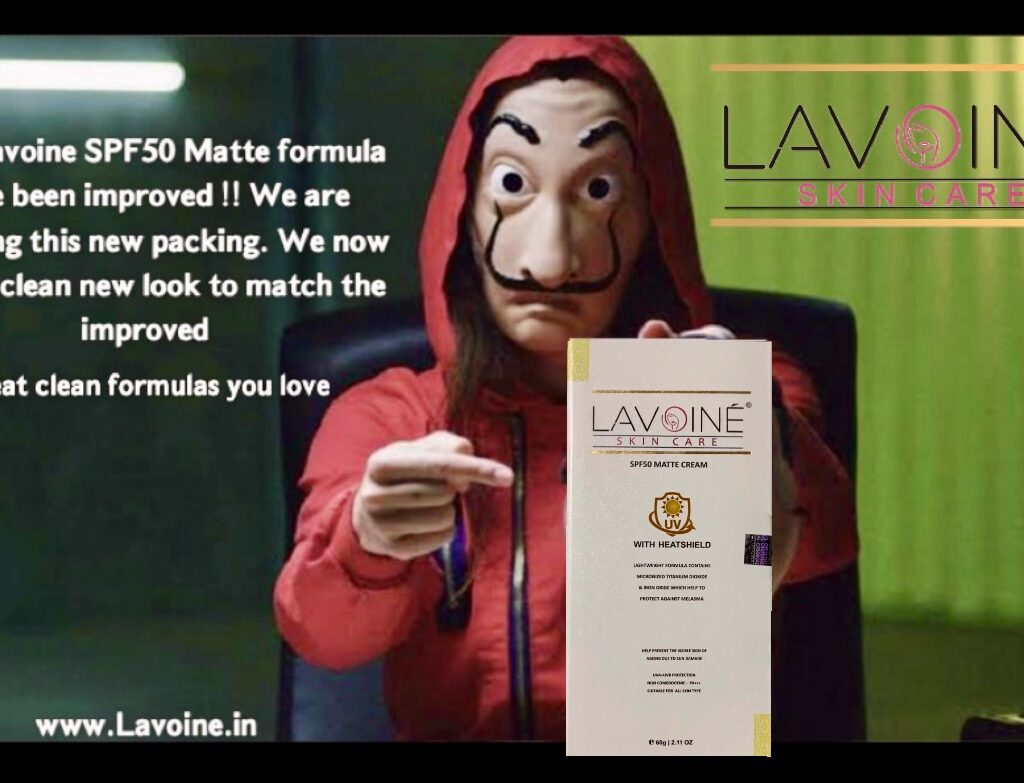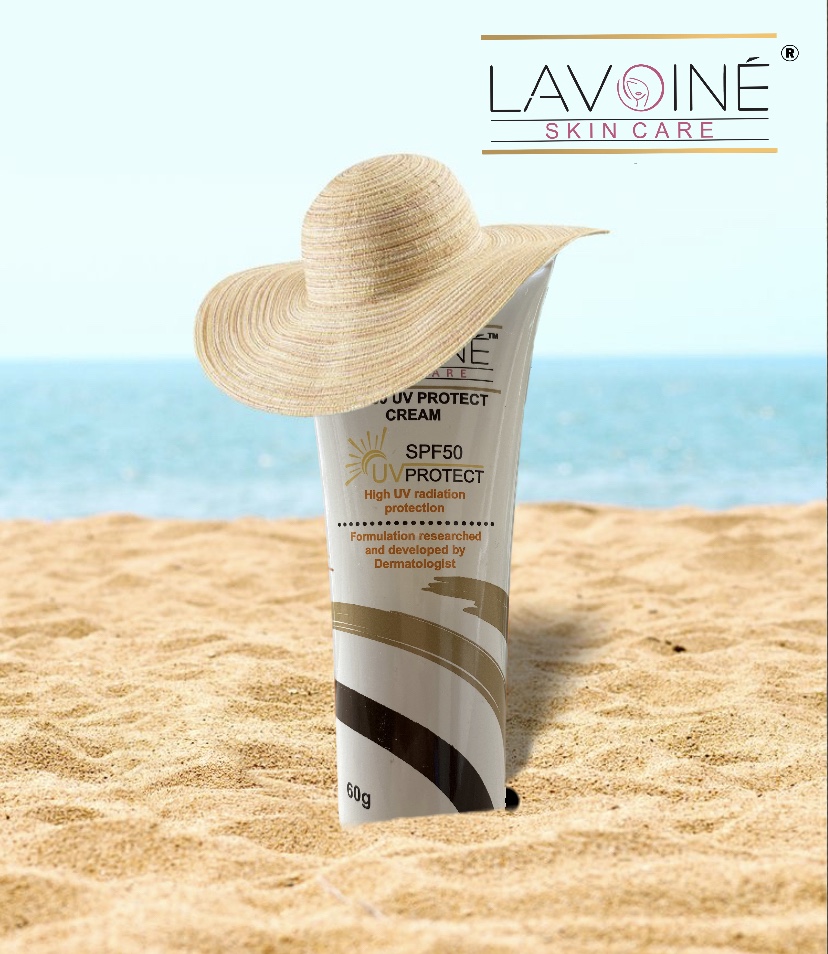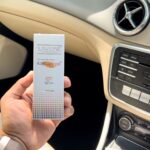We often only think about sun protection when it’s sunny outside. But you still need to take steps to protect your skin even when it’s overcast because the UV index can still cause lasting damage.
It’s easy to assume that if it’s not sunny outside then you don’t need sunscreen – after all, you’re not feeling the sun on your skin. But actually, you can still get sunburnt even when it’s overcast and grey outside. It’s the UV index that puts you at risk of burning, and that exists whether its bright and sunny or cloudy.
Rather that relying on what the weather looks like, or the temperature, when deciding if you need sunscreen you should be looking at the local UV forecast, according to Dr Walayat Hussain of the British Association of Dermatologists.
“If the UV index is three or higher, you should be protecting your skin,”” he reveals. “Your first line of defence should always be making use of shade, particularly between 11 am and 3 pm, wearing protective clothing and applying a sunscreen with a minimum 4-star UVA rating and an SPF of 30 or higher.”
Don’t fall into the trap of thinking you’re safe in the shade, either. The sun’s UV rays can reflect off sand, water or concrete and still cause damage to your skin. You can even get sunburnt when driving and skiing, so make sure you’re always protected.
Why is UV dangerous for your skin?
Any time your skin is exposed to harmful UV rays you’re at risk of sunburn, which not only causes aesthetic damage to your skin, like wrinkles, but also puts you at greater risk of skin cancer.
Every time your skin gets damaged by the sun it can cause mutations in your cells, which can lead to malignant tumours.
“The UV index is generally higher on cloudless, hot days; however, UV rays can still get through when it is completely overcast,” Hussain says. “Although you are not more likely to get sunburnt when it’s overcast, there is the risk of being lulled into a false sense of security when it is not obviously sunny.
“This can lead to sunburn on cloudy, cooler summer (and even spring) days. In the winter months, UV protection in the UK is very unlikely to be necessary except in people who are abnormally sensitive to sunlight.”
UVA and UVB rays are the two main UV rays emitted by the sun. So you need to make sure you are protected from both. That means buying a sunscreen with a high enough SPF and a decent UVA star rating.
UVA rays account for up to 95% of UV radiation reaching the Earth’s surface, according to the Skin Cancer Foundation. UVA penetrates the inner layer of the skin, called the dermis, and UVB mainly affects the outer layer of the skin, called the epidermis. Both can cause cancer.





Add a Comment